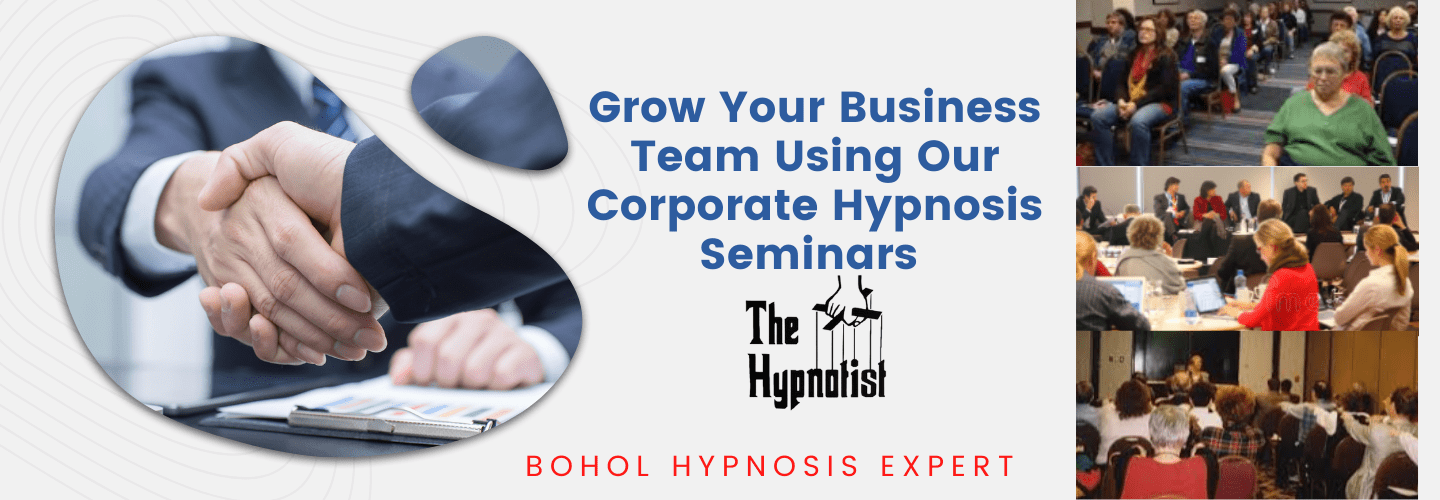
Conquer your elevator phobia with hypnosis, EFT, and NLP. Hypnosis explores deep fears, while EFT releases emotional intensity, and NLP reprograms thoughts. Combine these techniques for lasting success in overcoming your fear.
Understanding Elevator Phobias
Understanding the origins of elevator phobias is essential in addressing and overcoming this common fear. Elevator phobias can stem from various causes, including past traumatic experiences, fear of enclosed spaces (claustrophobia), fear of heights (acrophobia), or a lack of control in unfamiliar environments. These triggers can lead to anxiety, panic attacks, increased heart rate, and avoidance behaviors when faced with using an elevator.
Treatment options for elevator phobias vary depending on the individual's specific triggers and severity of the fear. Cognitive-behavioral therapy (CBT) is a common approach that helps individuals identify and challenge negative thought patterns associated with elevators. Exposure therapy, where individuals gradually confront their fear by riding elevators in a controlled setting, can also be effective in desensitizing the phobia over time.
Additionally, relaxation techniques, such as deep breathing exercises or mindfulness practices, can help manage anxiety symptoms when entering an elevator. Seeking support from a mental health professional or joining a support group for individuals with elevator phobias can provide further guidance and encouragement in overcoming this fear.
The Power of Hypnosis

Elevator phobias, like many other fears, can be effectively addressed and alleviated through the powerful therapeutic technique of hypnosis. Hypnosis has the remarkable ability to tap into the subconscious mind, where deep-seated fears and anxieties often reside. By exploring the subconscious, hypnotherapy can help individuals uncover the root causes of their elevator phobia, whether it stems from a past traumatic experience, a sense of loss of control, or other underlying factors.
During hypnosis sessions, individuals are guided into a state of deep relaxation where the hypnotherapist can communicate directly with the subconscious mind. Through positive suggestions and imagery, individuals can reframe their thoughts and beliefs surrounding elevators, gradually overcoming anxiety and fear associated with them. Hypnosis empowers individuals to confront their fears in a safe and controlled environment, enabling them to build confidence and resilience.
With the transformative power of hypnosis, individuals can break free from the constraints of their elevator phobia and regain a sense of freedom and ease in maneuvering their everyday lives.
EFT Techniques for Relief

To provide relief for elevator phobias, employing EFT techniques can offer individuals a practical and effective method to address and alleviate their fears. EFT, also known as tapping therapy, involves gentle tapping on specific meridian points on the body while focusing on the emotional distress related to the fear of elevators. This technique aims to release the emotional intensity associated with the phobia, allowing individuals to reframe their thoughts and feelings about elevators.
Through the process of tapping therapy, individuals can experience an emotional release, enabling them to confront their fears in a safe and controlled manner. By acknowledging and accepting their emotions during the tapping sequence, individuals can gradually reduce the intensity of their fear responses. This can lead to a greater sense of calmness and empowerment when encountering elevator-related situations.
NLP Strategies for Overcoming Fear

Individuals seeking to further enhance their ability to conquer elevator phobias can benefit from implementing Neuro-Linguistic Programming (NLP) strategies tailored to address and overcome their fears. NLP offers effective techniques such as anchoring and reframing exercises that can assist individuals in reprogramming their thoughts and responses related to elevators.
Anchoring techniques in NLP involve associating a specific feeling or state with a particular stimulus. For elevator phobias, individuals can create a positive anchor by recalling a time when they felt calm and in control. By consistently pairing this positive emotion with the thought of riding an elevator, individuals can condition themselves to feel more at ease when faced with elevator situations.
Reframing exercises in NLP help individuals reinterpret their perceptions and beliefs about elevators. By changing the way they view elevators from being a source of fear to a safe mode of transportation, individuals can gradually shift their mindset and reduce anxiety levels associated with elevator rides.
Integrating Modalities for Success

Integrating multiple therapeutic modalities can greatly enhance the effectiveness of fear resolution techniques for elevator phobias. By combining approaches such as hypnosis, EFT, and NLP, individuals can address their fear from various angles, tapping into the mind-body connection for a more all-encompassing approach to healing.
Hypnosis can help individuals access their subconscious mind to reframe negative beliefs and associations related to elevators, replacing them with positive affirmations and coping mechanisms. EFT, or Emotional Freedom Technique, can further support this process by addressing any underlying emotional traumas or triggers contributing to the phobia. NLP strategies, on the other hand, offer practical tools for restructuring thought patterns and behaviors, empowering individuals to navigate elevator-related anxiety with confidence.
When these modalities are integrated cohesively, individuals can experience a thorough approach to fear resolution that addresses the root causes of their phobia while equipping them with practical skills to manage their emotions in real-time. This holistic combination of techniques leverages the power of the mind-body connection, paving the way for lasting success in overcoming elevator phobias.
Frequently Asked Questions
Can Elevator Phobias Be Hereditary or Passed Down Through Generations?
Elevator phobias can stem from a genetic predisposition or be influenced by childhood experiences. While fears might be hereditary to some extent, environmental factors can also play a significant role in the development of phobias.
Are There Any Specific Foods or Medications That Can Exacerbate Elevator Phobias?
Dietary triggers and medication influences can exacerbate elevator phobias. Certain foods or drugs may heighten anxiety levels. Environmental factors and psychological influences also play a role in intensifying fear of elevators. Understanding these triggers is essential for managing phobias effectively.
How Long Does It Typically Take for Hypnosis to Effectively Treat Elevator Phobias?
The duration of hypnosis sessions to effectively treat elevator phobias varies based on individual response. Success rates depend on factors like phobia severity and commitment. EFT can show effectiveness in a shorter time frame, often yielding positive results sooner.
Is It Possible for Someone to Develop an Elevator Phobia Later in Life, Even if They've Never Had One Before?
Late onset elevator phobias can arise due to unexpected triggers or unresolved trauma. While genetics may play a role in predisposition, environmental factors and life events can also contribute to the development of this fear later in life.
Are There Any Specific Triggers or Traumatic Events That Commonly Lead to the Development of Elevator Phobias?
Exploring the origins of elevator phobias often reveals a complex interplay of childhood experiences, traumatic events, environmental factors, and psychological triggers. Understanding these dynamics can aid in developing effective treatment strategies for individuals struggling with this fear.
Conclusion
To summarize, the combination of hypnosis, EFT, and NLP can effectively address elevator phobias.
By understanding the root causes of fear, utilizing powerful techniques, and integrating modalities for success, individuals can overcome their anxieties and regain control of their lives.
It is time to step into the elevator with confidence and let go of the fear that holds you back.
Embrace these tools and open the door to a fear-free future.
Take the Next Step
Do not be afraid to reach out to me, Mark E Wilkins, to assist you in any issues you might have. Most Hypnotherapy sessions last 2 hours and EFT Sessions are usually handled with one session. Life Coaching is 45 minute session, once a week. Self-Hypnosis is taught in one session, and lasts a lifetime.
To make an appointment, first listen to the Pre-talk and fill out he Complementary Healthcare Provider Disclosure. The use the Contact Form to request an appointment with the Bohol Hypnosis Expert.
Self-help downloads are available. The self-hypnosis program to teach you how to self-hypnotize is here.





